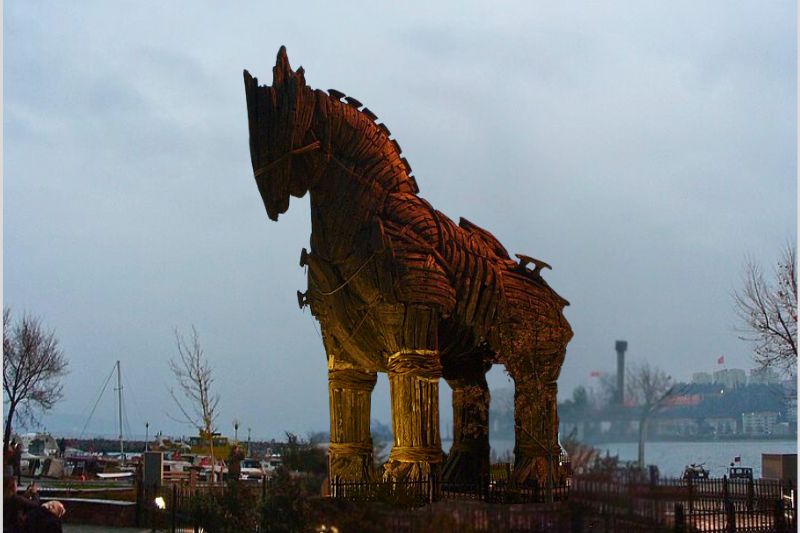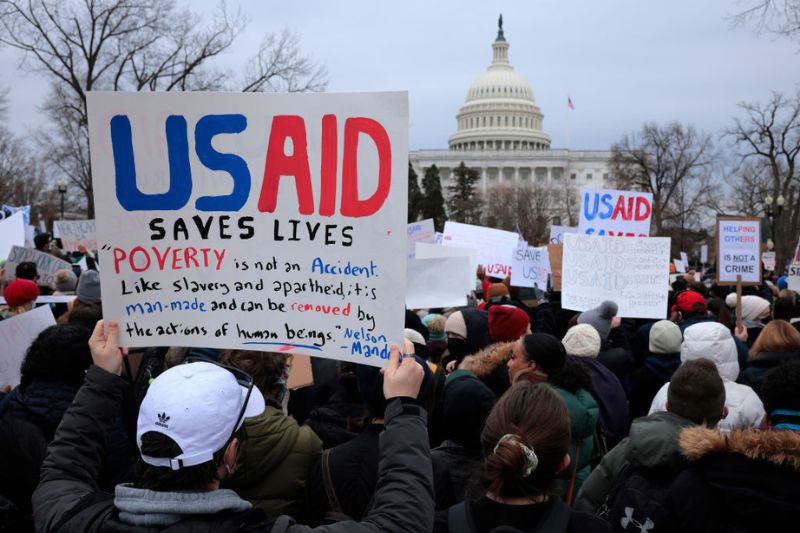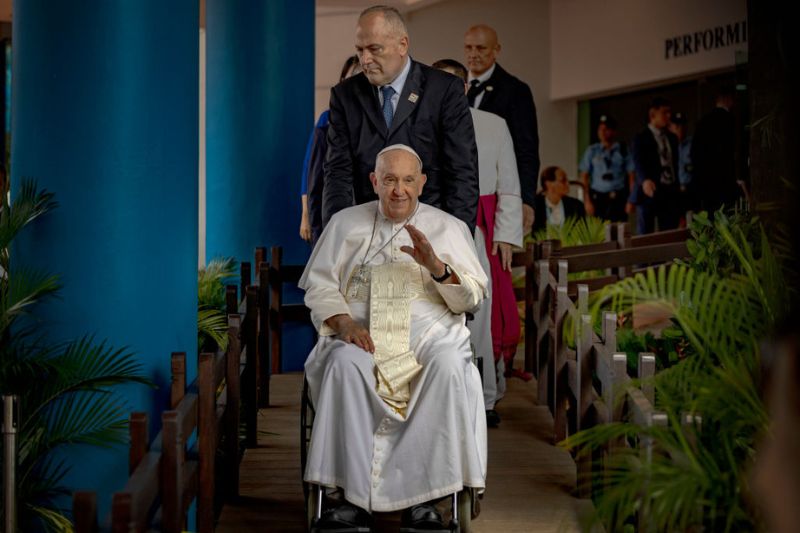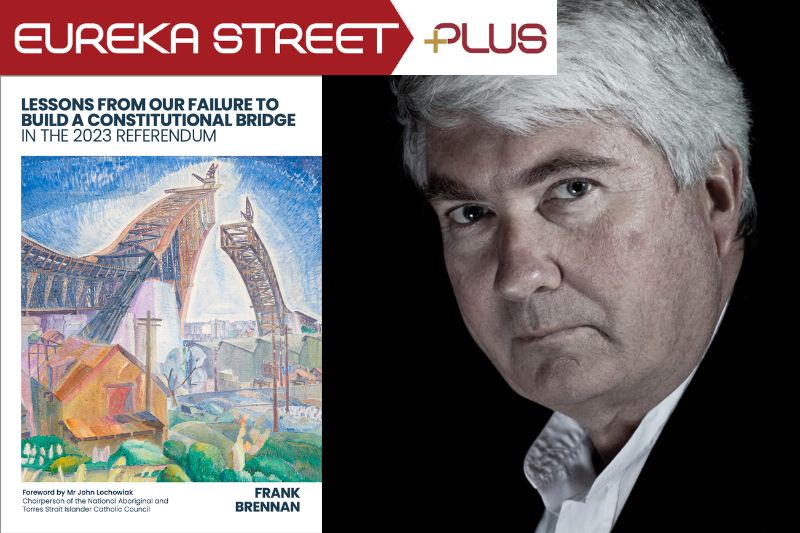Keywords: White Australia Policy
There are more than 24 results, only the first 24 are displayed here.
Become a subscriber for more search results.
-

AUSTRALIA
- David James
- 04 April 2025
As house prices soar and home ownership slips out of reach, Australia’s property market has become a $10 trillion engine of inequality — and yet, no major party will touch it. With an election looming, silence on the housing crisis reveals a deeper dysfunction: a political economy captive to debt and speculation.
READ MORE 
-

AUSTRALIA
- Andrew Hamilton
- 24 March 2025
With America's reliability in question, Australia is rethinking what security really means. Should it double down on military self-reliance, or reconsider the cost of placing defence above all else? As alliances fray and power shifts, the country faces a deeper reckoning: whom can it trust—and at what price?
READ MORE
-

MEDIA
Across a range of divisive issues from gender to race to public health, newsrooms are increasingly blurring the line between reporting and advocacy. As language is reshaped to reflect activist priorities, and opposing views are treated as moral threats, journalism risks losing its most essential commitment: telling the truth plainly.
READ MORE 
-

INTERNATIONAL
- Cameron Hill
- 26 February 2025
With cuts to USAID, international aid programs confront mounting challenges. Amid evolving power dynamics and strategic realignment, humanitarian assistance now faces fundamental questions about its future.
READ MORE
-

INTERNATIONAL
- David Halliday
- 13 December 2024
In 2024, a fifth of Americans reported having no close friends, and the number is growing, especially among those without college degrees. So what are the societal structures behind this crisis in loneliness, and how we can rebuild meaningful connections?
READ MORE 
-

INTERNATIONAL
- Barry Gittins
- 22 November 2024
1 Comment
Before the U.S. election, Don Watson predicted the electoral victory of Trump in his essay High Noon, an exploration of a divided America teetering on the edge. Dissecting the economic, racial, and cultural forces that led to a Republican landslide reveals an imperfect union at its most vulnerable.
READ MORE 
-

AUSTRALIA
- David Halliday
- 08 November 2024
As house prices soar, half the nation finds itself locked out of the property market. In conversation with Eureka Street, Alan Kohler untangles the web of tax incentives, population pressures, and government policies fueling the housing crisis to discover why, despite public outcry, solutions remain frustratingly out of reach.
READ MORE 
-

RELIGION
- John Warhurst
- 02 October 2024
4 Comments
During a recent interview on his Papal plane coming back from Singapore Francis made some pointed remarks in response to a veiled question from an American journalist about the US Presidential election contest between the Democrat Kamala Harris and the Republican Donald Trump. He chose to describe the choice as between the ‘lesser of two evils’ because Harris is pro-abortion rights and Trump is anti-immigration.
READ MORE
-

ENVIRONMENT
- Michele Gierck
- 31 August 2024
As rising sea temperatures trigger widespread coral bleaching across the Great Barrier Reef, marine scientists explore the devastating effects and do what they can to restore these vital ecosystems.
READ MORE 
-

AUSTRALIA
- David Halliday
- 28 June 2024
13 Comments
It's been eight months since the Voice referendum, and people are starting to grapple with what its defeat means for Australia. There are few voices in Australia as qualified to conduct a postmortem of the outcome of the Voice referendum campaign as Frank Brennan. We examine what lessons can be learned and crucually, whether there’s reason for hope for Indigenous constitutional recognition.
READ MORE
-

AUSTRALIA
- Barry Gittins
- 24 May 2024
1 Comment
In the latest Quarterly Essay profile of Peter Dutton, author Lech Blaine may well describe his work as character delineation, rather than character assassination. But we seem to be at an impasse in Australian market of ideas, and scorn gives greater bang for the buck than dialogue.
READ MORE 
-

AUSTRALIA
- Ulrike Marwitz
- 20 May 2024
4 Comments
Domestic violence is not a simple or straightforward issue, and we know that not all cases have the same dynamics or the same causes. Rather than applying one size fits all responses, we need to begin with addressing the diverse underlying causes.
READ MORE